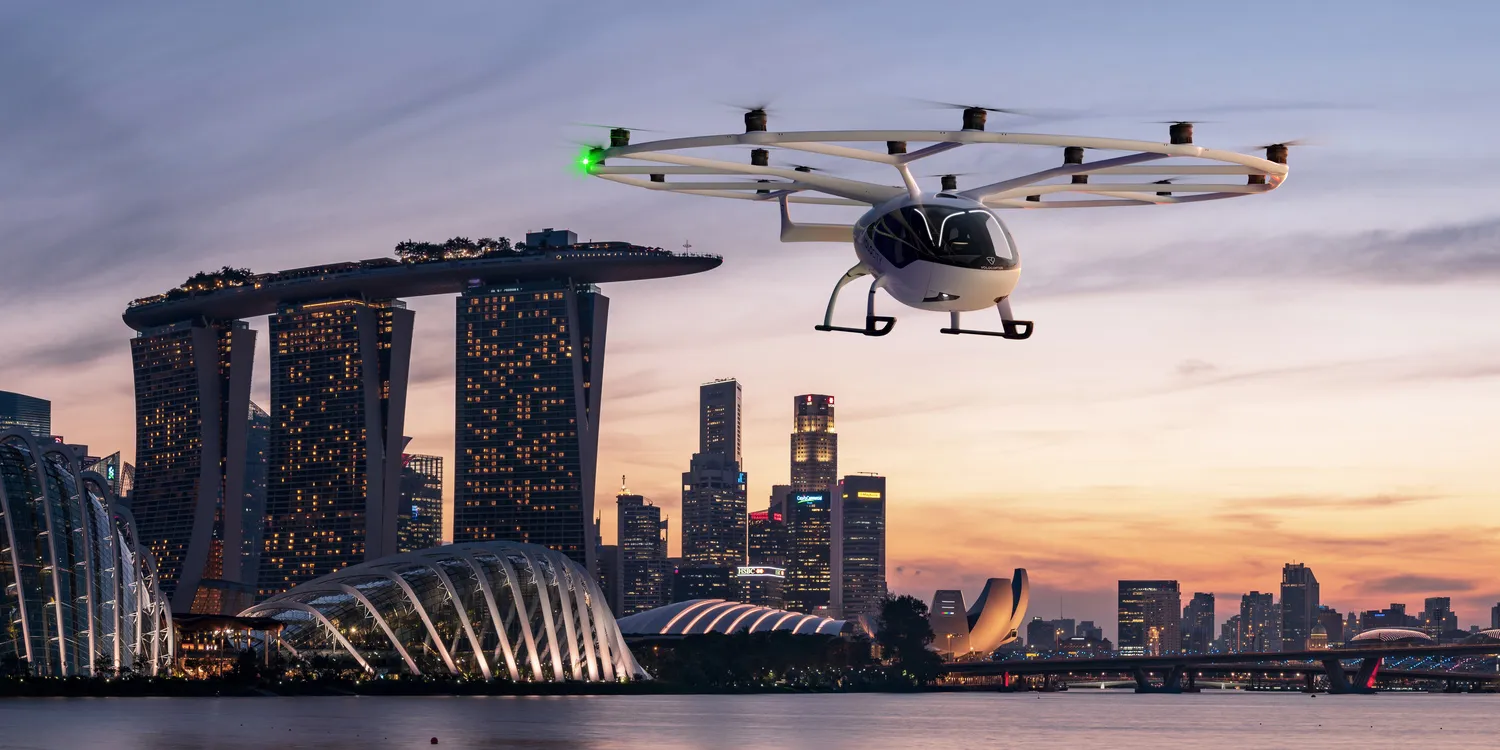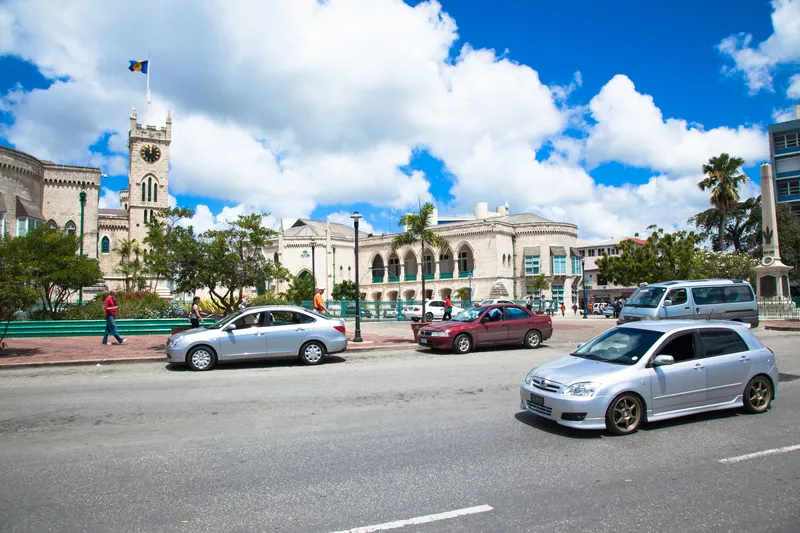
After two years of working with the city-state of Singapore, Volocopter is to launch an air taxi service there.
The urban air mobility (UAM) specialist is collaborating with the Economic Development Board of Singapore (EDB) and the Civil Aviation Authority of Singapore (CAAS) and plans to have a network of routes by 2026.
Volocopter staged a demo flight over the Marina Bay area in October last year during the ITS World Congress.
The company says the new services - using electric-powered aircraft that take off and land vertically, carrying up to two passengers - could increase regional connectivity and "offer a significantly improved travel experience to Singapore’s closest economic centres".
“UAM is an emerging area within the broader mobility sector, which we have identified as a growth industry for Singapore,” said Tan Kong Hwee, EDB executive vice president, EDB.
“Singapore is an important regional testbed for autonomous cars, electric vehicles, and UAM, including the successful test flight by Volocopter in 2019. We are glad that Volocopter has chosen Singapore to anchor its commercial and R&D activities. This will help build new capabilities for our mobility ecosystem and create many exciting opportunities for Singapore.”
The company is expected to hire over 200 full-time employees in Singapore - including 50 pilots - to manage the new routes.
Volocopter is also involved with R&D projects with Fraunhofer Singapore at the Nanyang Technological University.
It has founded Volocopter Asia Holding and hired Hon Lung Chu as its head of Asia Pacific in Singapore.










